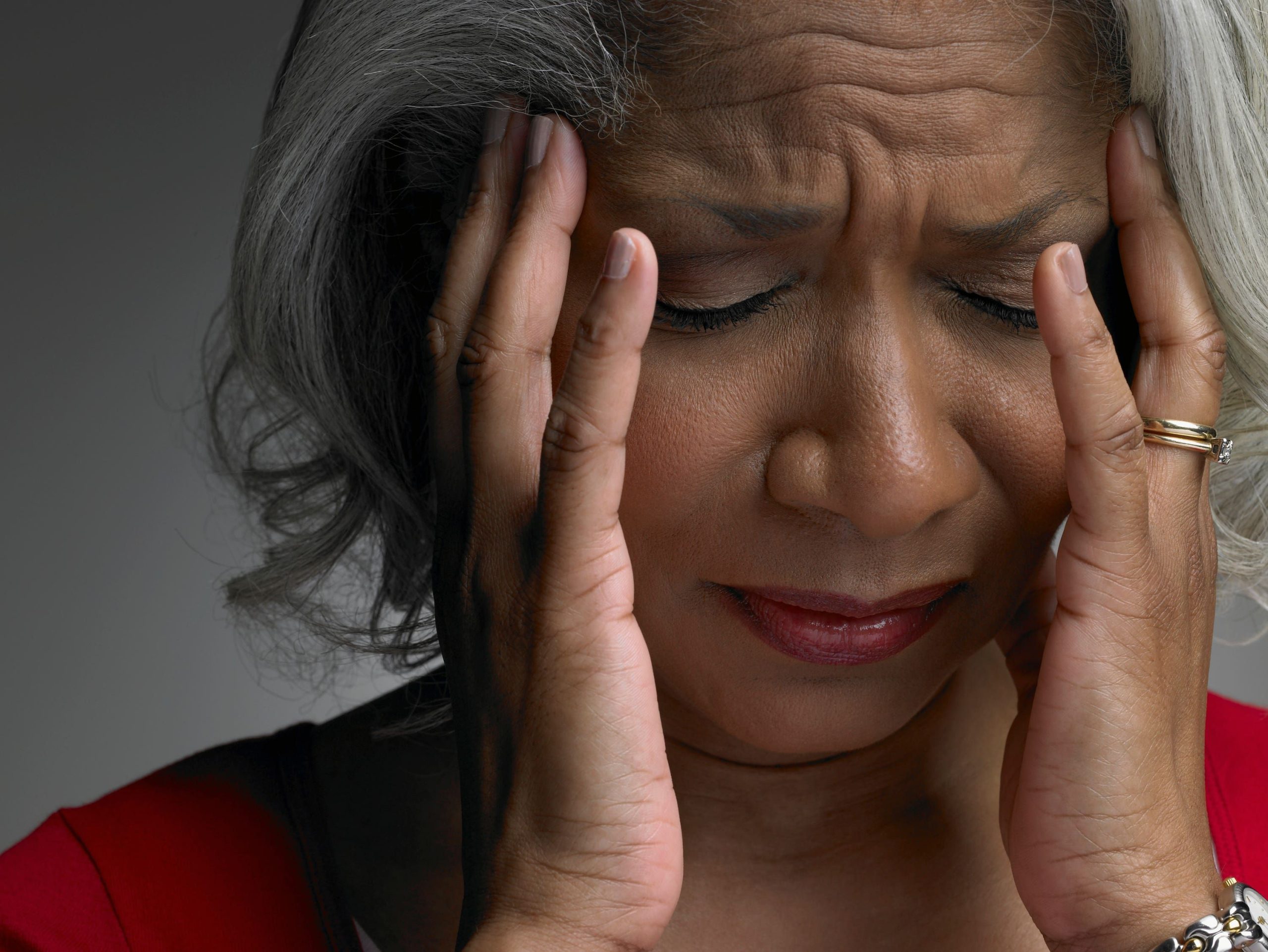During these strange and often bizarre Covid times we are seeing more and more mental health and counselling services moving on-line into the digispehere. be that web services, social media sites or apps.
Given the current difficulty in accessing mental health services just as the need is multiplying, the attraction for both mental health practitioners and their patients, to interact and make interventions in a timely fashion when not ‘face to face’ is compelling.
In a recent blog on The World Economic Forum, it was reported that “Mental health is one of the fastest-growing sectors in the global digital health market with more than 10,000 apps that claim to boost your mood, help you sleep, and even help you overcome an addiction.”
With this headlong rush into developing new digital platforms, which shows no signs of abating, we do need to ask ourselves are they doing more harm than good?
There’s no question that digital services and mobile apps if developed and implemented safely, can play an important role in both promoting mental wellbeing and treating illnesses.
Part of the answer to the original question, really is in the statement ‘developed and implemented safely.’
At TheBoldAge we use social media, digital services, and apps all the time to deliver our platform. At times do we get exasperated, impatient, and downright cross when we get the wrong guidance or instruction, things don’t work, or they crash. Sure, we do, but having kicked the metaphorical cat we just start again or move onto something else. But what happens if a vulnerable person gets the wrong advice, guidance, or support? The outcome may well be catastrophic at worse and counter-productive at best.
Every week there seems to be something new in the market and, given the sheer scale, you do have to wonder about their efficacy. Have they been developed safely, do they have the appropriate level of evidential and scientific rigour that we might expect them to have and are they effective? And, as importantly who says so, how are they regulated or policed and to what standard?
If we go to our GPs, high street practitioners or make use of clinical services, we do so in the confidence that they are regulated and must abide by strict codes of conduct and standards. Is this true of the digisphere?
The same WEF blog said “ A study of 73 mental health apps, targeting a range of mental health outcomes, found that, while many claimed effectiveness and used science to sell the apps, only two apps provided evidence from research that examined the app in question.
“Another evaluation of apps aimed at individuals at risk of depression and suicide concluded that non-existent or inaccurate suicide crisis helpline phone numbers were provided by mental health apps downloaded more than 2 million times. This demonstrates a failure of the health app industry in self-governance, and quality and safety assurance”.
For most of us during this pandemic our mental wellbeing has been a challenge and whilst many of us have, to date, been able to find our own coping mechanisms, many have not. Consequently, there has been a sharp growth in demand for mental health support services., whilst at the same time we have seen a reduction in its accessibility due to lockdowns and the curtailing of clinical services. This in turn has forced people to look elsewhere for help, making it even more essential that we can trust the on-line world.
Whilst it will take time for governments, regulators and developers to agree common standards and to understand what is appropriate to go on-line, it is critical that we as Boldies take our time to ensure that the services we want to make use of are reputable, backed by evidence (and the right amount thereof) and wherever possible the people behind it and the service are regulated.
The digital world has enormous potential for changing the face of mental health care for the betterment of society. And, whilst, today, there are some great on-line platforms out there how do we ultimately sort out the ‘wheat from the chaff’.
For us to ultimately rely on it, it needs to abide by a strict set of standards, be rigorously evaluated, regulated and policed.
In the meantime, it’s essential we understand the potential shortcomings and take great care before we access these services.
Help is out there and there are great organisations with some wonderful resources and helplines that can help. Organisations such as MIND, CALM and Anxiety UK to name but a few.
